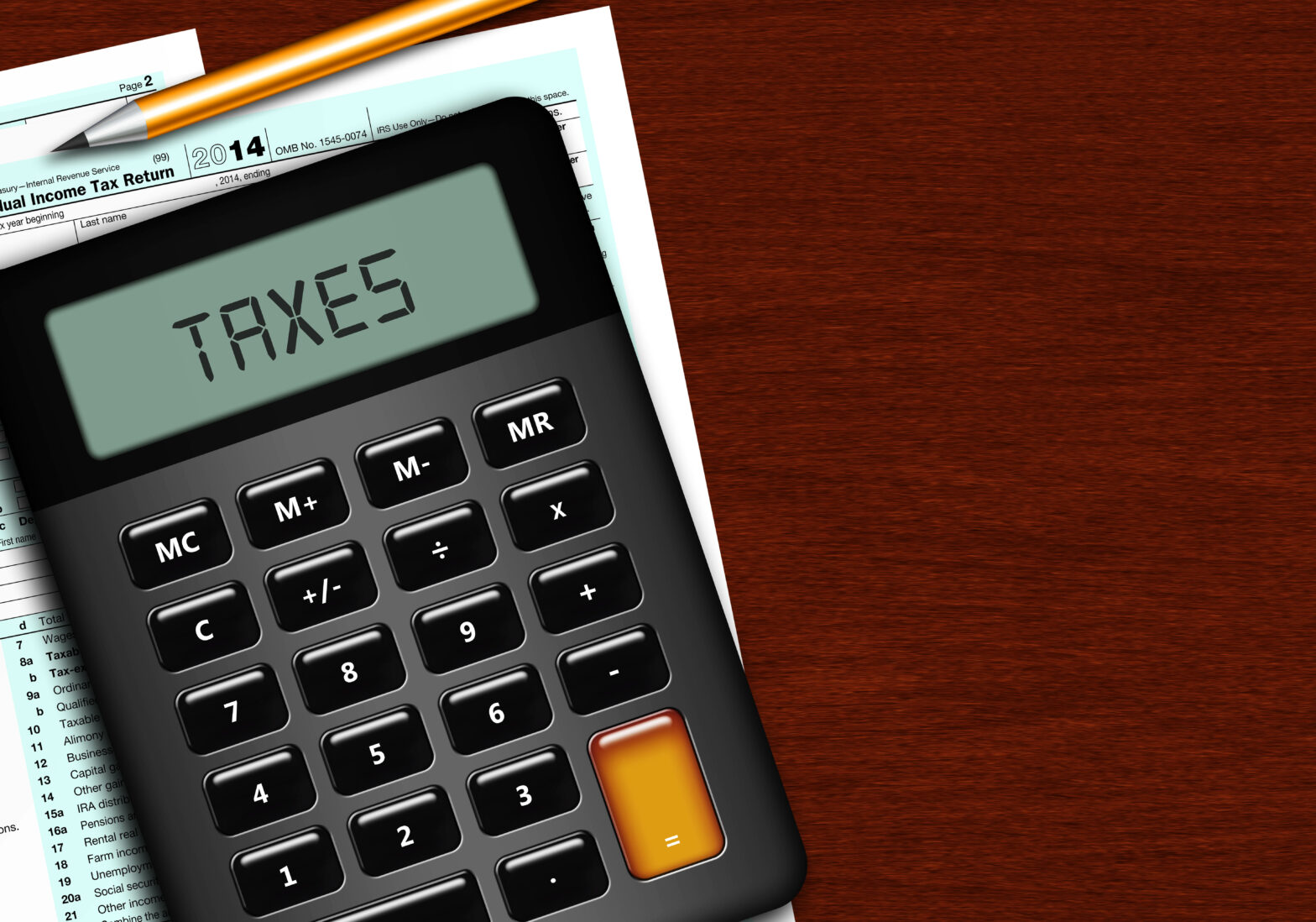SMEs becomes liable for corporation tax when they change from being a sole trader to a limited company, yet many business owners are struggling to calculate the correct level of tax due, finds a study by FreeAgent.
Seven in ten (71 per cent) UK micro-business owners in the UK feel that larger businesses benefit more from the tax system than they did.
Ed Molyneux, CEO and co-founder of the company, says that the European Commission’s decision to order Apple to pay a record-breaking €13 billion (£11 billion) in back taxes to Ireland will be welcome news for freelancers and micro-businesses.
He says, ‘We know that corporation tax is often a stumbling block for micro-business owners to deal with, especially when they change from being a sole trader to a limited company. It can be a very confusing thing to understand and many of them have to work very hard to calculate the correct amount to pay, with the shadow of the tax man looming if they get things wrong.
‘I’m sure many micro-business owners will therefore be happy to see a major multinational company being made to pay their fair share.’
Sarah Lafferty, director and co-founder of communications agency Round Earth Consulting, finds it unfair that big businesses’ tax rates are effectively lower to start with and George Osborne’s recent hike in dividend tax on small business shareholders has made this much worse.
‘Companies like Vodafone and Starbucks seem to be able to pick figures out of thin air that they negotiate to pay HMRC, which can amount to negligible percentages of revenue,’ she says.
‘Large businesses also have the muscle to take full advantage of the UK’s gaping tax loopholes and offshore schemes whereas most small limited companies like ours have to play fair and by the rules.’
Adding to the squeeze, small businesses have to pay suppliers in 30 days much unlike large companies, some of which make a game out of never paying or charging crazy fees for invoicing them, Lafferty adds.
‘So when you add all this up, it is much worse than simple unfairness. Small businesses subsidise large ones, which continue to stockpile cash and hold back growth. Let’s hope the new Chancellor is listening.’
Further reading on tax





